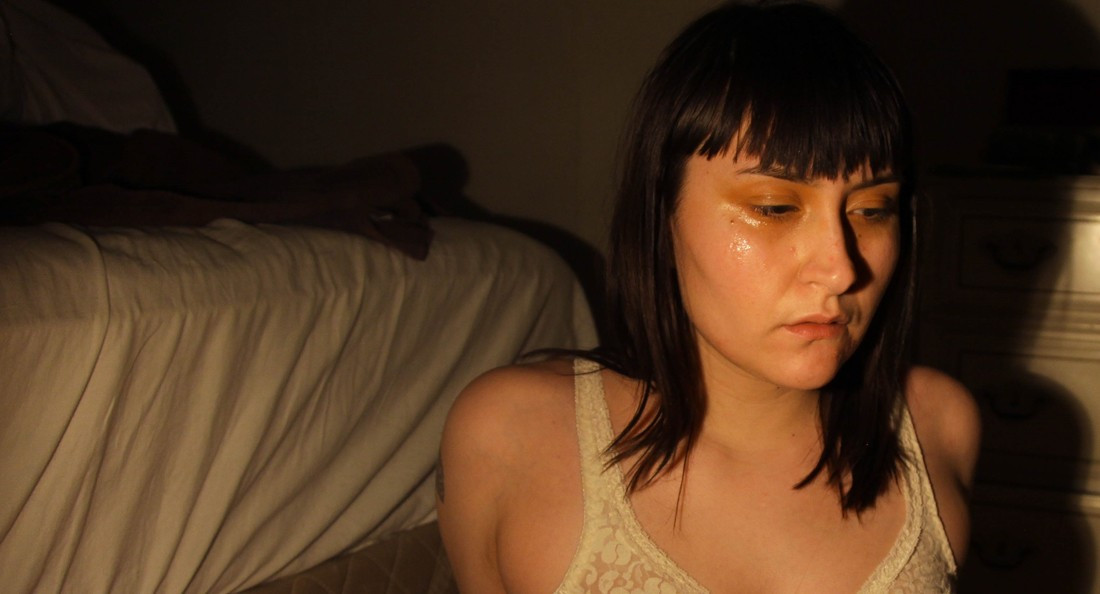Public waterworks
Crying doesn’t have to be a spectacle
Breaking down in front of a boss, many moons ago, was the beginning of the end of my time at my job. My hours were cut, and I was eventually phased out of my position.
Openly crying in public can be perceived as a sign of weakness. Attitudes surrounding crying in the workplace are generally negative, or treated as though the crier needs to go home for the day.
As if crying is an illness.
My boss saw me cry and refused to accept that I didn’t owe her an explanation. I was pressured to open up to her about a recent sexual assault, struggles with mental illness and losing a loved one.
Tearing up in public doesn’t mean that the crier has something on their chest that they need to share with others. It means they’re crying because that’s what humans do. Pressuring someone to explain why they’re crying can open wounds that they might not be ready to share.
If my display of emotion had been considered normal, my boss would’ve left me to collect myself; she wouldn’t have demanded an explanation or justification. If I was given space and allowed five minutes to cry in the back room, I feel like things would have played out differently.
Instead, I came away from that experience feeling that my emotional expression was wrong, something to be punished for. It also stripped away my autonomy over my own feelings. During that time, I forgot that my emotions are my responsibility and mine to share if I so choose.
Even though tears are among the most basic of biological responses, they come with their own societal baggage.
Toxic masculine attitudes equate the act of crying with being effeminate or feminine, or simply “emotional” - as though there isn’t a never-ending range of emotions.
When women-aligned people cry in public, they’re often seen as hysterical or unable to control themselves, and as a result are commonly perceived as unprofessional, unqualified or manipulative.
But, if people are only meant to cry where no one can see us, we really have to get onto inventing a kind of magic that protects us from all the bad things that happen to us every day while we’re out, trying to get shit done.
When I got the call that my grandmother had died, I was standing at a busy corner in the Exchange District. My knees buckled and, within half a second, I crumpled on the cobblestone, inconsolable.
Through tears, I noticed two hip dads looking at me. One of them yelled, asking if I needed anything.
When I declined, they said “be well” and continued on their way. These two men, much to my surprise, handled a crying stranger just as one should: they let me cry.
I ache for a world that lets people cry - with no worry of seeming unprofessional, free from misogynist or toxic masculine influence, with no pressure to open up.
But, until we get there, let the waterworks flow free. You’re only human. If your tears aren’t well received, cry harder - cry hard enough to drown out whoever disapproves.
Callie Lugosi is a photographer and sometimes writer. The things that make them cry the most are dance competition shows and the month of February.
Published in Volume 72, Number 24 of The Uniter (April 5, 2018)







